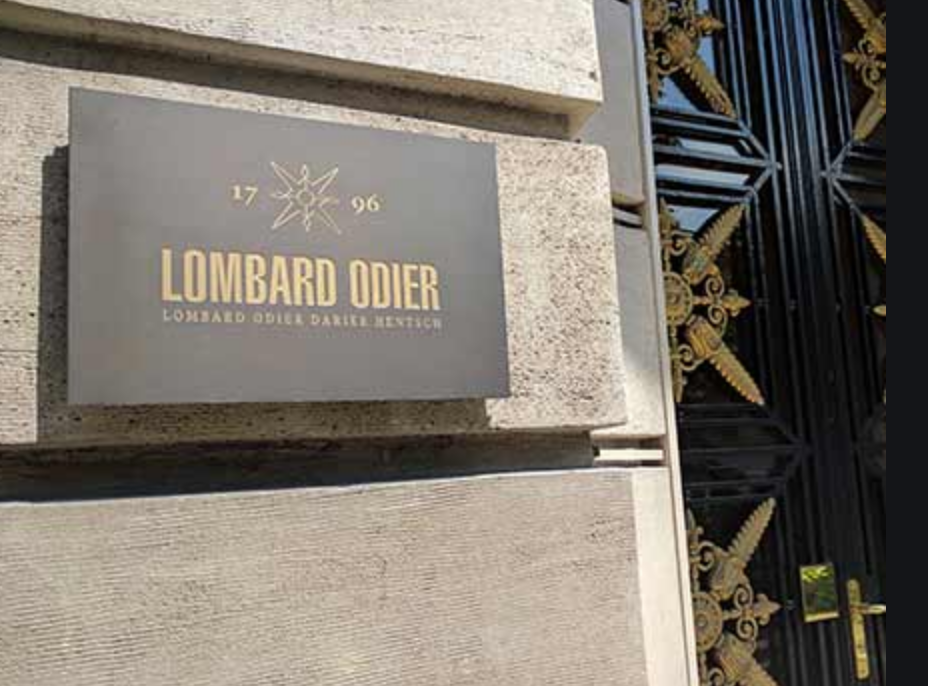Investment Strategies
Lombard Odier Takes Some Risks Off The Table

Developed economies' equity valuations are looking full at the moment, with limited upside left, the Swiss private banking group says.
Lombard Odier
has moved to a neutral position on developed market stocks from a
previous overweight stance, concerned that equities could be
overheating. However, the Swiss firm is sticking to an emerging
markets overweight stance.
The Geneva-headquartered private bank said it favours high-grade
corporate bonds over sovereign debt. On gold, the renowned
safe-haven asset, Lombard Odier has a neutral position.
High or “full” valuations for equities restrict upside potential;
lower oil prices and easing financial conditions tend to be more
positive for emerging market equities, the bank said. Within
equities as a whole, it prefers cyclical over defensive equities.
In emerging market stocks, it likes India, for example.
The estimated price/earnings ratio for developed countries'
equities, as measured by the MSCI World Index of shares, is 23.7
times earnings, which is at the highest level it has been in five
years (worldperatio.com).
In corporate bonds, Lombard Odier said it concentrates on the
investment grade segment, and within high yield Europe is
its preferred region. In emerging markets, the firm has
neutralised its preference for corporate over sovereign
bonds.
Finally, the bank said the recent US fiscal package agreed in
Congress challenges its neutral stance on the dollar, although it
says negative sentiment on the dollar is at extreme levels.
“In the US, inflation, consumption, and job market indicators
suggest tariffs are starting to weigh on the economy. China’s
resilient second-quarter figures data aside, Lombard Odier still
expects the second half of the year to be materially slower than
the first,” it said.
One of Lombard Odier’s rivals in Swiss private banking, Pictet,
appears to share some of its views. For example,
as reported here, Anna Mulholland, head of research and
management of emerging market equities at Pictet Asset
Management, says emerging market equities remain undervalued
compared with developed markets.
Other investment managers, such as French asset manager Amundi and Eastspring Investments, also think that tariffs and significant US policy uncertainty will dampen global growth, with Asian and emerging markets expected to benefit from diversification needs and a weakening dollar (see here.)